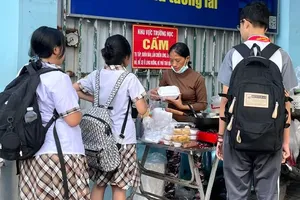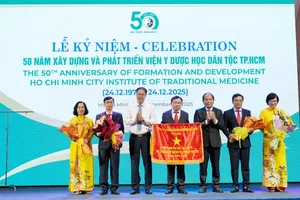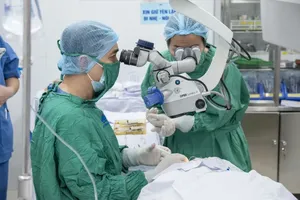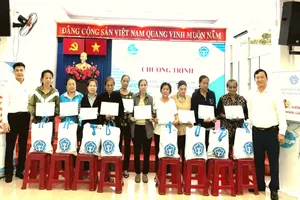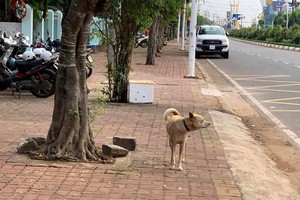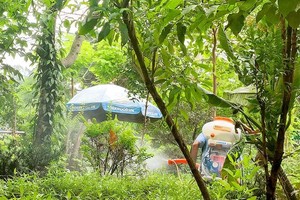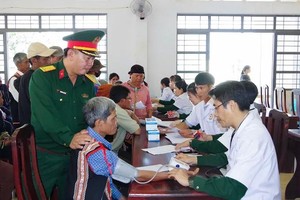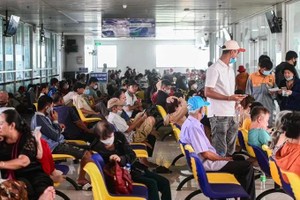At a meeting held by the Department of Industry and Trade on July 25 between agencies and enterprises to discuss test results of the Center for Consumption Study and Consultation (CESCON) on rice noodle samples, health watchdogs said the findings were not reliable and lacked transparency.
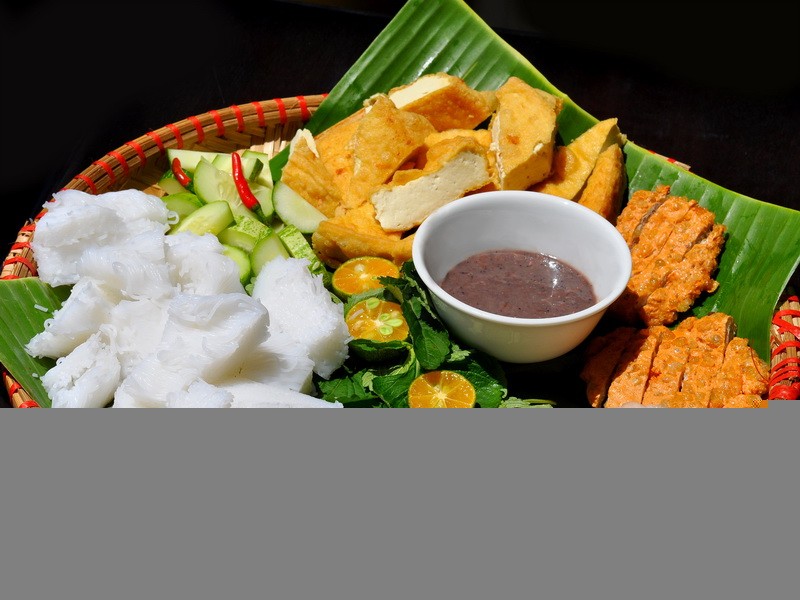
Huynh Le Thai Hoa, Head of the City Food Safety and Hygiene Division, said that the test results of rice noodles have influenced businesses, and raised the public’s concerns.
Moreover, as per Ministry of Health regulations, the sample-taking procedure must have special tools to maintain preservation while transporting to labs.
In addition, they should be documented with signatures of the processing company, or shops and supermarkets.
In reality, experts say it is hard to detect Tinopal in labs in the country for lack of adequate facilities.
Food safety inspectors will visit all rice noodle manufacturers in future to examine production process and take samples and publicize violating firms openly in the media.
Nguyen Thanh Nhan, Deputy Director of Saigon Co.opMart, said it is possible that the supermarket will take legal action against CESCON as the test results have marred the supermarket’s prestige.
Related articles:
Health watchdog to step up supervision of food processing units
Most rice noodles in markets contaminated with Tinopal
